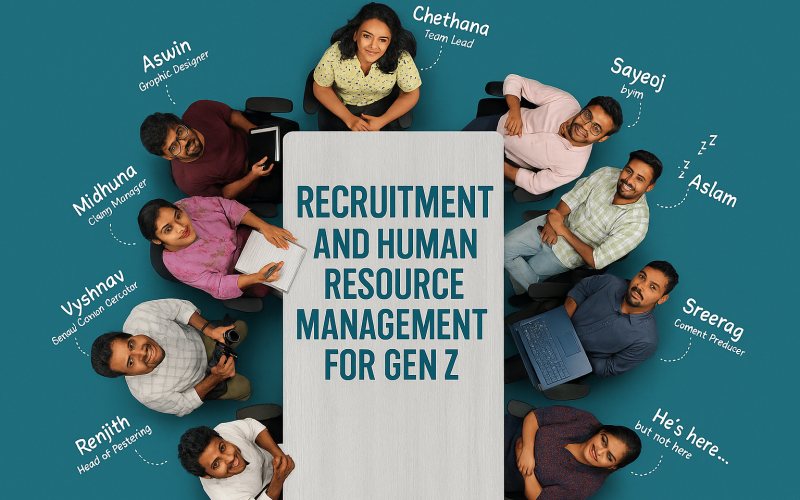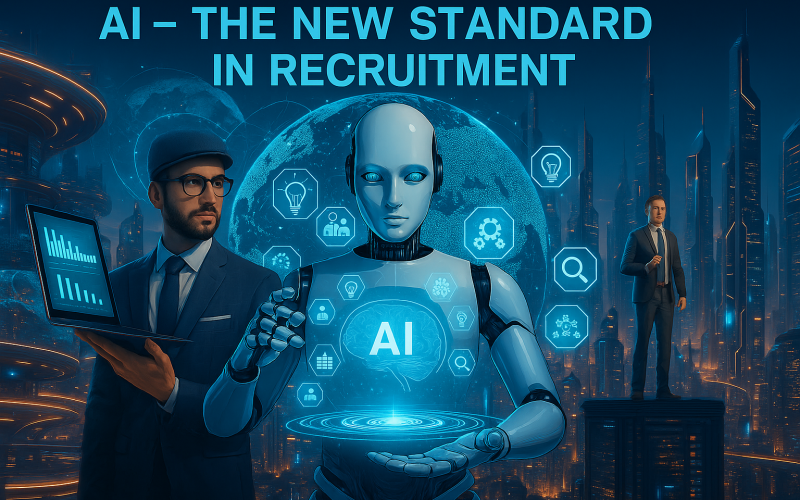Soft Skills: The Secret Weapon Global Employers Value Most
The global labor market is witnessing a significant turning point. The development of technology, globalization, and automation is causing technical skills to change rapidly and even be replaced. But there is one factor that is increasingly proving to be decisive: soft skills. If technical skills help candidates get into the interview stage, it is soft skills that determine who gets selected, who endures, and who can advance.
From “Supporting Skills” to “Core Elements”
In the past, degrees and technical skills were often seen as the main measure of talent. However, this trend has shifted dramatically. According to the LinkedIn Workplace Learning Report 2024, 92% of global hiring managers rate soft skills as equally or more important than hard skills. In Vietnam, Navigos Group (2024) also reported that 72% of companies face difficulties in finding candidates with strong communication and adaptability skills, even though technical talent is abundant.
This proves a reality: soft skills have shifted from being “supporting skills” to becoming core elements in organizational HR strategies.
Why Are Soft Skills More Important Than Ever?
- Global Collaboration
Businesses today rarely operate within just one country. Teams span across Asia, Europe, and the U.S., requiring cross-cultural communication, respect for diversity, and effective collaboration. A technically strong engineer who cannot convey ideas to international colleagues will struggle to perform. - Rapid Change
AI, automation, and new business models are shortening the shelf life of technical knowledge. The Future of Jobs Report 2023 by the World Economic Forum (WEF) predicts that 44% of current worker skills will change within the next 5 years. In this context, flexibility, the ability to learn quickly, and problem-solving become the “shield” that sustains employee value. - Leadership at Every Level
In the past, “leadership” was tied only to management roles. Today, companies expect every employee to take initiative, influence positively, and lead their peers. A front-line worker might propose improvements, an engineer might mentor a newcomer, or a young sales executive might coordinate a short-term project team.
Four Game-Changing Soft Skill Groups
- Communication: Not just fluent speaking, but also listening, understanding, and delivering clear information. In multinational projects, one vague email can delay progress for weeks.
- Adaptability: The ability to remain flexible in changing environments. For instance, in e-commerce, a sales strategy may need to pivot overnight as consumer behavior shifts.
- Problem-solving: Employers value employees who not only identify problems but also propose feasible solutions. This is a core competency in uncertain environments.
- Leadership: Not limited to CEOs or managers. Leadership here means inspiring, guiding, and orienting others within one’s scope of work, however small.
The Situation in Vietnam: Gaps and Opportunities
Vietnam is deeply integrating into the digital economy, high-tech manufacturing, and global supply chains. Deloitte (2024) forecasts that demand for talent in finance, logistics, and technology in Vietnam will grow substantially. Yet, the gap in soft skills remains a significant challenge.
A TopCV (2024) survey found that 65% of students and young workers are willing to join soft skills training programs if given the opportunity. This reflects the growing demand and self-awareness among Gen Z. This is a chance for businesses and training organizations to collaborate in narrowing the gap.
What Should Candidates Do?
- Prove with real examples
Instead of writing “good communication skills” in a CV, describe a time you convinced a difficult client or resolved a team conflict. Recruiters are always more impressed by real stories. - Develop cross-cultural competence
In global workplaces, cultural awareness and diverse communication are advantages. Learning languages, joining multinational projects, or engaging in community activities can make you stand out. - Commit to lifelong learning
Combine technical upskilling with soft skills training. In a world where technical skills can quickly become obsolete, “the fastest learner” will always be the winner.
What Should Businesses Do?
It’s not only candidates who must adapt—Vietnamese companies also need to adjust their HR strategies. Investing in soft skills training, creating environments that encourage feedback, and fostering open communication will be the foundation for retaining talent. Organizations that nurture a culture of continuous learning will gain long-term competitive advantages.
The Competitive Edge in a New Era
In a world where technology can be quickly copied, it is people—with communication, adaptability, leadership, and problem-solving—that represent sustainable advantages.
For Vietnam, strengthening soft skills will not only help individuals seize global career opportunities but also reinforce the country’s competitiveness in global value chains.













